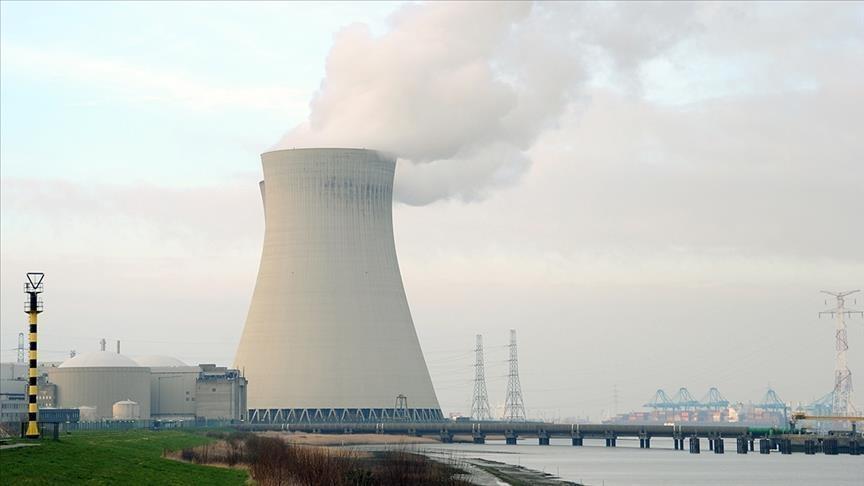Germany shut down its last atomic reactors this weekend, marking the end of the country's nuclear era after more than 60 years.
The Isar 2 nuclear power station in Bavaria, Emsland in Lower Saxony, and Neckarwestheim 2 in Baden-Wurttemberg went off the grid on Saturday night, according to the energy companies RWE, PreussenElektra, and EnBW.
The EU's largest economy decided to gradually phaseout nuclear energy in 2011, after the Fukushima nuclear disaster in Japan, but German industries and opposition parties have recently called for an extension to the runtime of the plants.
The German Chamber of Commerce and Industry (DIHK) warned last week that the country could face energy supply shortages and high prices in the coming months due to the planned nuclear phaseout.
A recent poll by public broadcaster ARD has also shown that 59% of Germans were against abandoning nuclear energy, many of them expressing concern over rising energy prices.
Despite the widespread concerns, Chancellor Olaf Scholz's left-liberal coalition government decided to push forward with the plan.
Environment Minister Steffi Lemke welcomed the historic step, stressing that the nuclear phaseout would make the country safer.
'The risks of nuclear power are ultimately unmanageable in the event of an accident,' she said in a statement.
Economy and Climate Action Minister Robert Habeck tried to assure the public that the energy supply would remain secure after exiting nuclear energy.
'We have the situation under control thanks to the high levels in the gas storage facilities and the new liquefied natural gas (LNG) terminals on the coasts of northern Germany, and thanks to more renewable energy sources now available,' he told local media.
Chancellor Scholz's Social Democratic Party and its coalition partner the Greens have long supported nuclear phaseout and promoted Germany's transition to renewable energy.
Support for abandoning nuclear energy has been highest among the voters of the Greens (82%), followed by those of the Social Democratic Party (56%), according to a public opinion survey last week by pollster ARD.
Their third coalition partner, the pro-business Free Democrats (FDP) remained reluctant but did not block the plan, with 65% of FDP voters against nuclear phaseout.
By Ayhan Simsek
Anadolu Agency
energy@aa.com.tr


